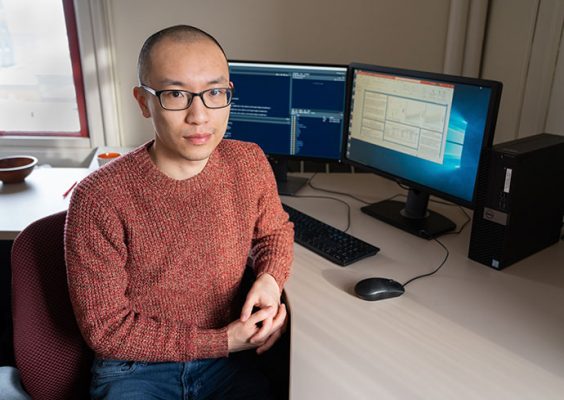Major League Soccer’s Meteoric Rise: From Underdog to Global Contender
With the 30th anniversary of Major League Soccer (MLS) fast approaching, it’s obvious MLS has come a long way from its modest beginning in 1996. Once considered an underdog in the American sports landscape, the league has grown into a…


